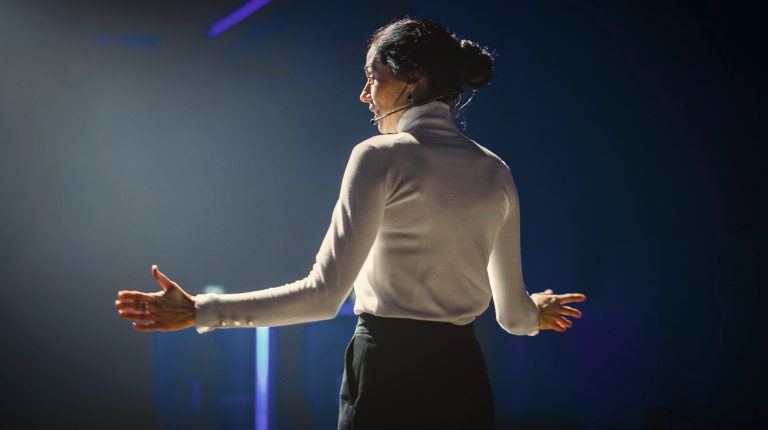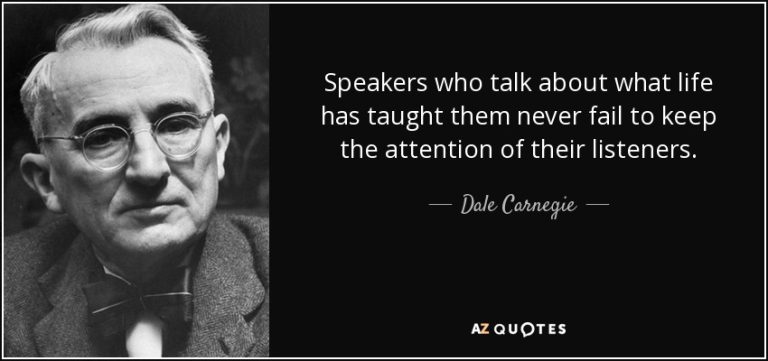How To Be A Great Event Emcee? 20 Invaluable Tips for Success
Becoming an outstanding event emcee is a craft that requires a blend of preparation, energy, engagement, and authenticity. As someone who has shared the stage with renowned figures like Tony Robbins, Dean Graziosi, and more, I’ve learned firsthand the secrets to being a remarkable event host. Whether you’re an aspiring wedding MC, seminar MC, or awards MC, these 20 detailed tips, combined with the initial 15 expert insights, will set you on the path to emcee greatness.
How To Be A Great Event Emcee?
1. Research Thoroughly:
Before stepping onto the stage, invest time in understanding the event’s context. Explore the event’s website, social media pages, past testimonials, and any available resources. This research will give you insight into the event’s theme, audience demographics, and overall goals. Armed with this knowledge, you can tailor your approach and delivery to resonate with the attendees and complement the event’s objectives.
2. It’s About the Event:
While your role as an emcee may bring you attention, always remember that you are a conduit to enhance the event experience. Your focus should be on making the event memorable and engaging for the attendees, speakers, and organizers. Align your intentions with the event’s purpose, ensuring that your presence contributes positively to the overall atmosphere.
3. Energy Management:
Balancing your energy with the room’s ambiance is crucial. Start with a level of energy slightly higher than the room’s, gradually building momentum as you gauge the audience’s response. This approach helps you establish a connection without overwhelming the attendees. Remember, your energy can set the tone for the entire event, so be mindful of its pace and intensity.
4. Dress the Part:
Your appearance matters as an emcee. Dress professionally, aligning your attire with the event’s formality and theme. Being the best-dressed individual at the event communicates your respect for the occasion and enhances your credibility as a representative of the event.
5. Arrive Early and Engage:
Being punctual is a sign of professionalism. Arriving early allows you to acclimate to the venue, conduct soundchecks, and familiarize yourself with the stage setup. Additionally, mingling with attendees before the event starts not only helps build rapport but also provides insights into the audience’s mood and expectations.
6. Pre-event Interactions:
Interacting with attendees before you step on stage serves two purposes: it eases your own nerves and creates an enthusiastic atmosphere. Engage with people, highlighting the positive energy in the room. When you eventually take the stage, you’ll feel more connected and confident, having already established a rapport.
7. Script Your Opening:
The first few moments of an event can set the tone for its entirety. Drafting a well-crafted script for your opening allows you to confidently introduce the event and yourself. Craft an opening that captures attention, outlines the event’s purpose, and establishes expectations for the attendees. A well-prepared opening can make the difference between a lukewarm start and a captivating kickoff.
8. Connect with Speakers:
Engaging with speakers before they take the stage goes beyond memorizing their bios. Converse with them to understand their messages, anecdotes, and key points. This familiarity enables you to introduce them seamlessly, highlighting their relevance to the event’s theme and creating a cohesive flow between segments.
9. Embrace Mistakes:
Mistakes are inevitable, even for seasoned emcees. The key is to handle them gracefully. When you stumble over words or mix up phrases, don’t panic. Embrace the moment with a touch of humor. Acknowledge the error, share a light-hearted comment, and move on. Audiences appreciate authenticity and can often relate more to someone who admits their slip-ups.
10. Supportive, Not Stand-up:
While injecting humor can enhance the event’s atmosphere, remember that you’re there to complement, not overshadow. Your role is to facilitate smooth transitions between segments, speakers, and activities. Introduce speakers with enthusiasm, provide context, and keep the audience engaged. Leave the stand-up comedy to professional comedians, focusing on enhancing the event’s flow and energy.
11. Always On Duty:
Even when you’re not on stage, your presence contributes to the event’s experience. Engage with attendees during breaks, networking sessions, and meals. Approachable interactions can boost the audience’s comfort level and generate excitement. Consider yourself a representative of the event at all times, whether you’re addressing the crowd or mingling in the background.
12. Master the Art of Fillers:
Technical glitches, schedule changes, or unforeseen delays can disrupt the event’s flow. Having a repertoire of engaging anecdotes, industry insights, or relevant facts can be a lifesaver. These fillers maintain the audience’s energy and interest while the event team addresses any issues. Seamlessly weave these tidbits into your emceeing to keep attendees engaged during unexpected pauses.
13. Support the Host:
Collaborating with the event host can significantly contribute to a successful event. Ask them how you can assist in making their responsibilities smoother. Whether it’s coordinating logistics, helping with speaker introductions, or moderating audience questions, your assistance can relieve some of the host’s burden and contribute to a cohesive event experience.
14. End with Impact:
Just as your opening sets the tone, your closing leaves a lasting impression. Conclude the event with a powerful anecdote, motivational quote, or a thought-provoking call to action. Leave attendees with something uplifting and inspiring to remember. This final touch ensures that participants leave the event with a positive sentiment and a meaningful takeaway.
15. Embrace Authenticity:
Amidst all the planning and coordination, remember to be yourself. While drawing inspiration from other emcees is valuable, adding your personal touch makes you memorable. Embrace your natural style, voice, and mannerisms. Audiences connect with authenticity, and being genuine creates a deeper rapport that enhances the overall event experience.
16. Engage with Audience Questions:
Facilitate meaningful interactions by incorporating audience questions. Encourage attendees to submit inquiries related to the event’s theme or the speaker’s content. Addressing these questions not only enhances engagement but also showcases your expertise and ability to connect with the audience’s interests.
17. Leverage Technology:
Incorporating technology can elevate audience engagement. Utilize live polls, interactive quizzes, or real-time audience feedback tools to foster participation. These digital elements create an interactive experience and add a modern twist to the event, making it more memorable for attendees.
18. Maintain Pace and Timing:
An essential aspect of event emceeing is managing the event’s timing. Keep an eye on the clock and gently guide speakers within their allocated time slots. Skillfully transition between segments, ensuring a seamless flow without abrupt disruptions. Maintaining the event’s pace contributes to a polished and professional experience.
19. Adaptability is Key:
Events rarely unfold exactly as planned. Be prepared to adapt to unforeseen circumstances such as technical glitches, last-minute changes, or schedule adjustments. Cultivate the ability to think on your feet, remain composed, and quickly adjust your emceeing approach to maintain the event’s momentum.
20. Reflect and Improve:
After each event, take time to reflect on your performance. Consider what went well and where there’s room for improvement. Seek feedback from event organizers, speakers, and even attendees. Use these insights to refine your emceeing skills, continually growing and enhancing your ability to deliver exceptional event experiences.
By embracing these intricate aspects of event emceeing, you’ll not only solidify your role as a skilled host but also create a memorable and impactful event for all involved. Each of these points contributes to the holistic experience you provide as an emcee, shaping the event’s atmosphere and leaving a lasting positive impression on attendees and participants.
Conclusion:
Becoming an exceptional event emcee isn’t just about holding a microphone and introducing speakers. It’s about understanding the event’s essence, connecting with the audience, and enhancing the overall experience. By weaving these 20 comprehensive tips, you’re poised to become a masterful event emcee, capable of leaving a lasting impression on any audience.


